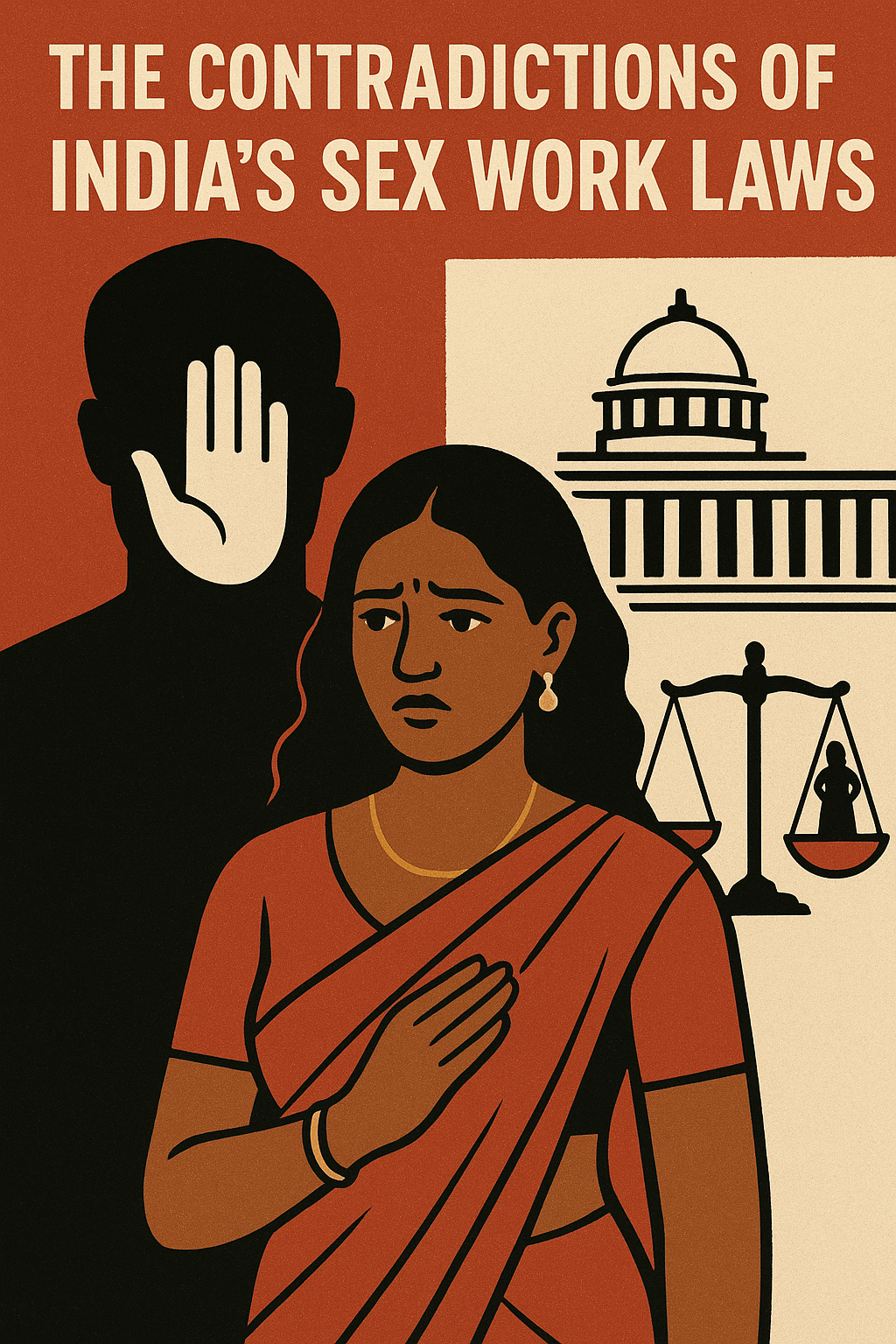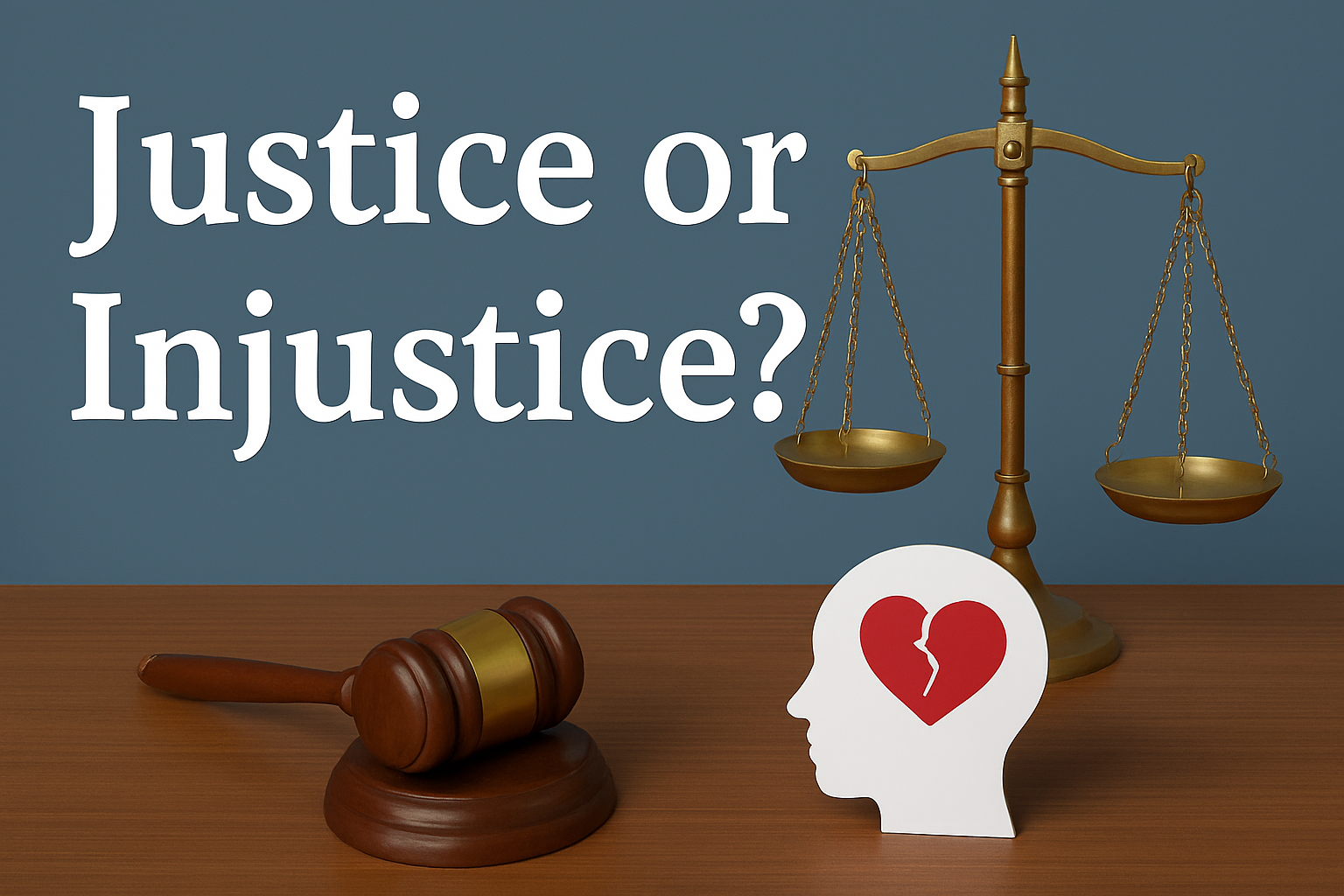Author-Dareen Abu Qbetah
University: University of Jordan
The death penalty, which was formerly the ultimate and most absolute form of justice one could ever imagine, has now become one of the most contentious and largely debated legal questions we find ourselves grappling with in modern times. There are some nations around the world that still resort to this irreversible sentence for acts they label as the most appalling threats to the state or society.Conversely, there are also nations that have chosen to completely remove the death penalty because of a combination of factors that are moral, legal, and practical in nature.In today’s complex world, this controversial issue stands at the intersection of justice and human rights, where the call for punishment clashes with the goals of rehabilitation and reform. This article provides a thorough exploration of both aspects of the heatedly argued topic of capital punishment. It delves into current legal data, explores moral arguments, and examines global trends reflecting shifting attitudes towards the practice of capital punishment.
Part I: Compelling Arguments For the Utilization of the Death Penalty
1. Justice Based on Fair Payback and Moral Balance: Supporters of the death penalty argue that it provides fair and deserved punishment for crimes so severe that no other sentence feels strong enough. Crimes like mass murder, terrorism, or serial killings that deeply shake the public’s sense of safety and morality. In these extreme cases, they believe justice is only truly served when the punishment matches the seriousness of the crime.
The idea of “an eye for an eye” still carries strong influence and is found in many cultures and legal systems around the world.
- Using Punishment to Prevent Crime: Even amidst ongoing and heated debate, there exists a part of the population that has no doubt at all that the enforcement of the death penalty serves as an effective deterrent to acts of violent crime. These individuals argue that the threat of execution serves as a strong deterrent, potentially preventing others from committing serious crimes.taking part in heinous crimes. Such a view is likely to be frequent in areas that struggle with conviolence or instability, where the citizens, feeling insecure and vulnerable,seek strict penalties as a way to restore public order and a sense of safety.
- Public Safety and the Idea of Finality: Capital punishment is also viewed by many as a means to permanently eliminate individuals who pose an exceedingly high level of threat to society in general. Though life imprisonment is always an option as an alternative to capital punishment, there are some individuals who feel that it lacks the same sense of certainty or closure for the victims and their families. In situations where inmates manage to break out of prison or otherwise continue to pose a threat even while imprisoned behind prison walls.
- Legal Proceedings and Protections : Countries that continue to apply the death penalty usually have an advanced legal process that is designed specifically to avoid wrongful convictions.These systems usually allow several appeals, give defendants access to lawyers, and offer chances to ask for mercy. Supporters of the death penalty say that because of modern forensic science, especially DNA testing, the chances of making a mistake have become much lower over time
- Cultural and Political Contexts: In some countries that face serious problems like terrorism or organized crime, the death penalty is seen as necessary to keep law and order. In places like China, Iran, and parts of the Middle East, governments believe that strong punishments help protect the country and make people trust the justice system more.
Part II: An Examination of the Arguments Opposing the Death Penalty
- Irreversibility and Wrongful Convictions :Perhaps the most powerful and strongest argument that can be made against the use of capital punishment is the very real risk involved in executing somebody who is actually innocent. Since 1973, more than 190 people in the United States alone have been exonerated from death row, which shows a serious flaw in the justice system. These exoneration cases are typically brought about by the discovery of new evidence, such as new technology in DNA testing, which can shed light on what was previously unclear. A specific case that is particularly illustrative of this concern is Robert Roberson’s case from texas ; in his case, there remain lingering questions of his actual guilt or innocence. This particular case acts as a stark reminder of the permanent and devastating harm that the death penalty can have on a person when it is administered improperly or with lack of care.
- Absence of Deterrent Effect: Numerous studies conducted throughout the years have continued to find that there is no valid proof to show that the death penalty will be more effective at deterring crime than life imprisonment without the possibility of parole. In fact, in most countries throughout the world where the death penalty has been abolished and replaced with other measures, it has been observed that crime rates overall have not increased significantly or at all. On top of this, the United Nations Human Rights Office has gone ahead and declared that the death penalty does not have any greater deterrent effect compared to other measures in the justice system.
- Discrimination and Disparate Application of Policies and Laws
Capital punishment is disproportionately impacting the most vulnerable members of society, those who are economically disadvantaged, those who are members of minority groups, and those who cannot afford to hire adequate legal counsel. This systematic discrimination within the justice system indicates that the administration of justice is neither equal nor level for all. People who oppose the death penalty say it often highlights unfair social differences instead of delivering true justice.
- Ethics and Morality Issues
Opponents of the death penalty actually argue strongly that the taking of a life, even that of an individual who has been found guilty of a crime, is contrary to the very principles that are associated with the human concept of dignity and respect that is owed to every individual.They believe it’s wrong for the government to take someone’s life, saying it weakens the moral values that society is built on. However life imprisonment, unlike the death penalty, is a far more humane approach that also provides an equally effective means of dealing with individuals who have broken the law.
- As of 2025, over 140 countries have moved toward abolishing the death penalty, either by changing their laws or stopping its use altogether. A recent example is Zimbabwe, which officially ended capital punishment in 2024. This global trend reflects a growing belief that the death penalty is outdated and no longer fits with modern ideas of justice. Religions also show shifting views ,while Islam allows it in certain cases, it strongly encourages forgiveness. Christianity, especially the New Testament, promotes mercy, and the Catholic Church now fully opposes it. Judaism once permitted it but made it nearly impossible to apply. Today, most faiths emphasize the value of life and encourage a justice system based on compassion and the chance for redemption rather than revenge. These changes support a wider move toward restorative justice. The death penalty remains deeply debated. Supporters argue it delivers justice, deters crime, and protects society, especially now that technology and legal safeguards reduce the risk of wrongful execution. Critics, however, highlight moral concerns, unequal application, and a lack of real deterrent effect. More countries are choosing humane alternatives that better reflect human rights values. In the end, whether to keep or abolish the death penalty is more than a legal decision ,it reflects a society’s core beliefs about justice, dignity, and what it means to be humane in the 21st century.
Lastly, even though the death penalty is still a very controversial and emotional issue, it’s clear that its future depends not just on laws, but also on how society’s values change over time. In my opinion, the death penalty can sometimes be the wrong approach especially when it’s used to punish people for sharing their opinions or speaking against the government. No one should be killed just for saying what they think. The death penalty should never be used to silence people or control them.
However, I do think that in very rare and serious cases like acts of terrorism, serial murders, or extremely violent crimes ,it might be acceptable, but only if it’s done with great care, fairness, and honesty. Even then, it must be tightly controlled and not left for governments to use as a tool of convenience or oppression. Justice should be based on kindness and fairness, not fear or power.
It’s also important to remember that the death penalty is final. Once someone is executed, there is no going back. Even with today’s advanced tools like DNA testing, mistakes can still happen. Sometimes, evidence is lost, handled badly, or even changed on purpose. Because of this, there is always a chance that an innocent person could be punished and that risk is too big to ignore.
In the end, this is not just a question about law. It’s about what kind of world we want to live in, and how far we are willing to go in the name of justice.
Recourses:
https://innocenceproject.org/dna-testing/
https://www.amnesty.org/en/what-we-do/death-penalty/
https://innocenceproject.org/news/what-to-know-about-robert-roberson-on-texas-death-row-for-a-crime-that-never-occurred/
https://www.usccb.org/beliefs-and-teachings/what-we-believe/catholic-social-teaching/life-and-dignity-of-the-human-person
https://citeseerx.ist.psu.edu/document?repid=rep1&type=pdf&doi=2c3f8f956cbbe80dbe73b5838b3091f174bd0d93
https://oxfordre.com/criminology/display/10.1093/acrefore/9780190264079.001.0001/acrefore-9780190264079-e-462
https://innocenceproject.org/innocence-and-the-death-penalty/



